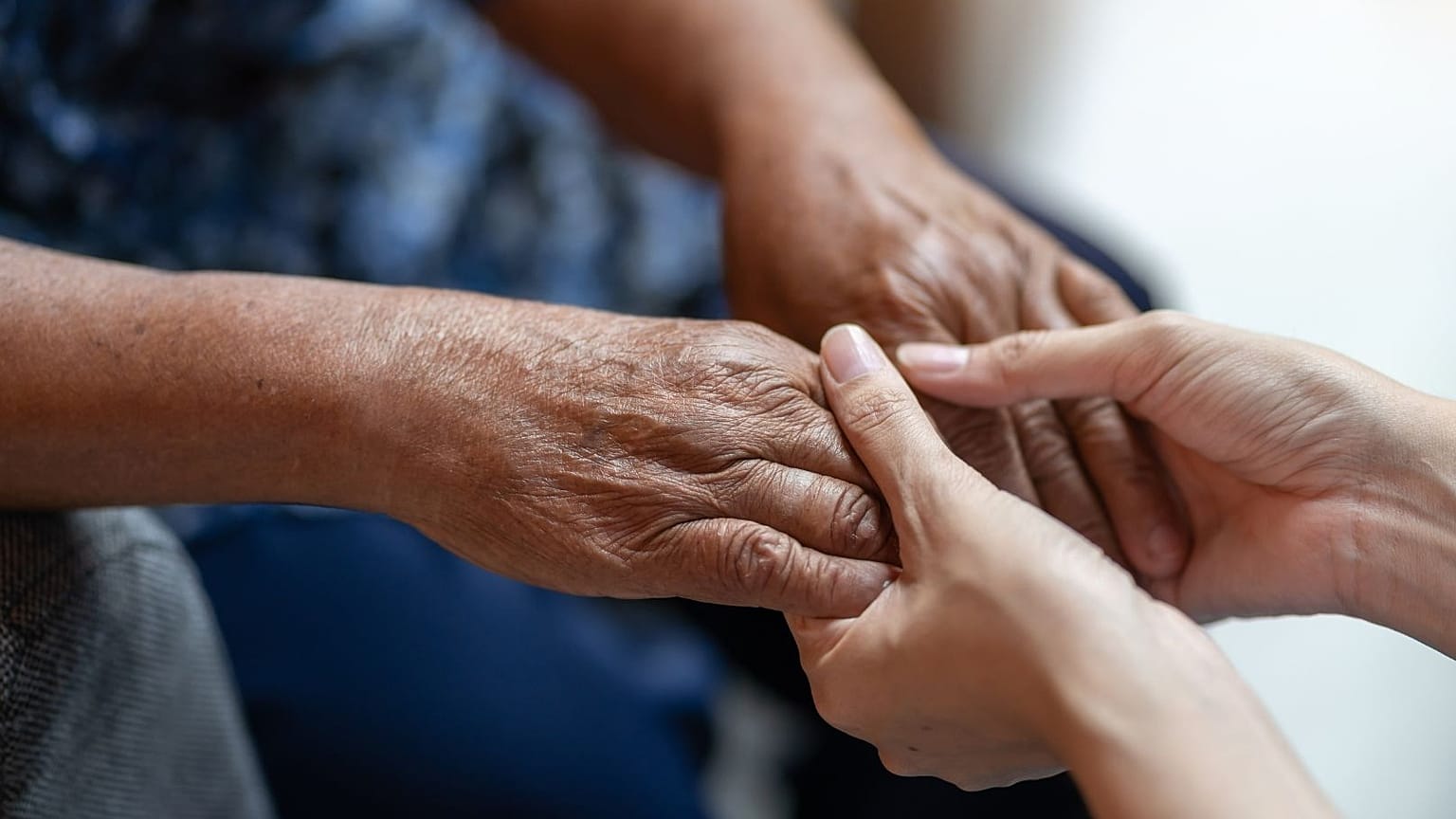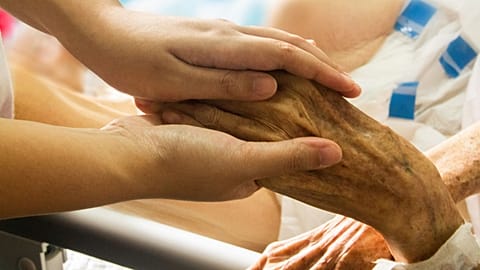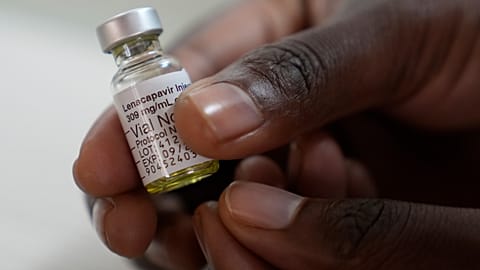Researchers said the supercentenarian’s longevity shows how old age and disease can ‘become decoupled’ at times.
Maria Branyas was the oldest person in the world when she died at 117 in Spain last year – but a look at her genome suggests that her biological age may have been much younger.
Health experts and the public alike have long been fascinated with supercentenarians – those who live to at least 110 – and what their longevity reveals about the keys to ageing well.
Before she died in August 2024, Branyas agreed to help a group of Spanish scientists find out.
When she was 116, they collected samples of her blood, saliva, urine, and stool to analyse her genetics and microbiome and compare the results with bigger groups of similarly aged people.
Branyas had biomarkers of very old age, including shortened telomeres – which indicate cellular ageing – as well as a type of B cell known to accumulate with age and clonal hematopoiesis, another age-related condition.
However, she also had low inflammation levels, “rejuvenated” gut health, and a youthful epigenome, or changes to how genes are expressed without affecting our actual DNA.
Branyas, who the researchers called “one exceptional individual,” also had unusual variations in her genetic code that appeared to protect against common health problems, including heart disease, diabetes, and neurodegeneration, which is linked to Alzheimer’s and Parkinson’s diseases.
The findings offer “a fresh look at human ageing biology, suggesting biomarkers for healthy ageing, and potential strategies to increase life expectancy,” according to the researchers, who published their findings in the journal Cell Reports Medicine.
While Branyas’s genetics seem to have played a major role in her longevity, the researchers also tried to identify which of her lifestyle habits may have helped.
The supercentenarian ate about three yoghurts per day, they said, which they said may have contributed to her gut health and body weight. She mainly stuck to a Mediterranean diet, kept good sleep habits, stayed physically active, and had good mental health overall.
Branyas also had an active social life and had regular hobbies such as reading, playing the piano, and tending her garden – in other words, a well-rounded life.
“All these findings illustrate how ageing and disease can, under certain conditions, become decoupled,” the researchers said, “challenging the common perception that they are inextricably linked”.


















